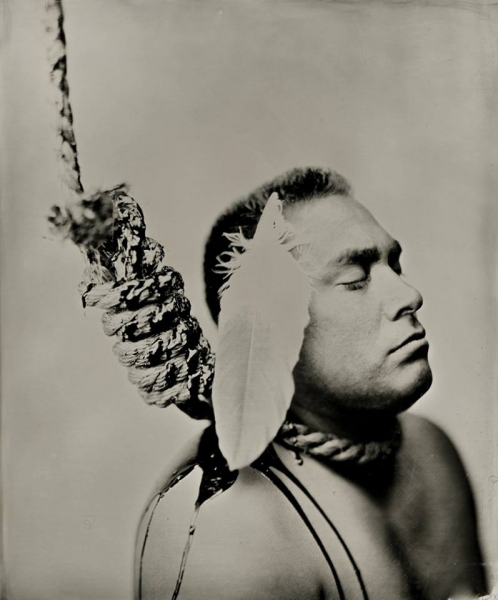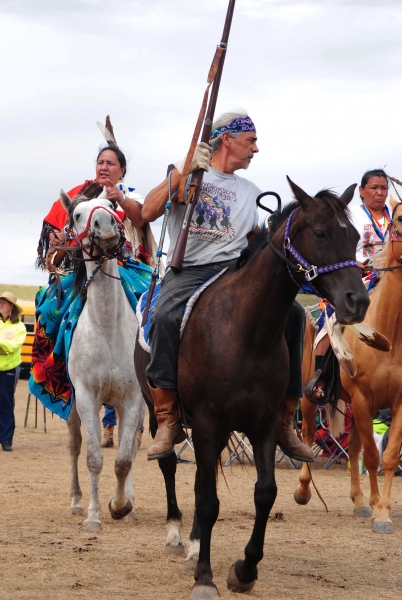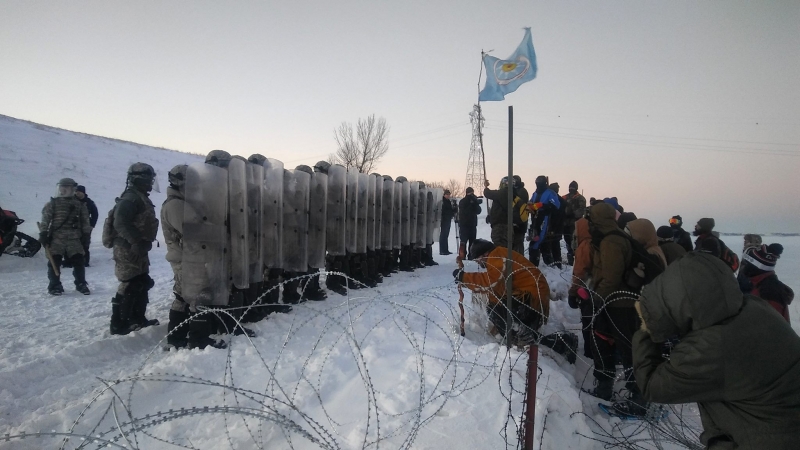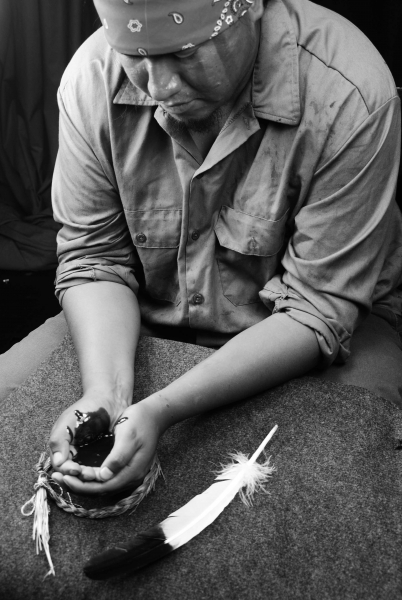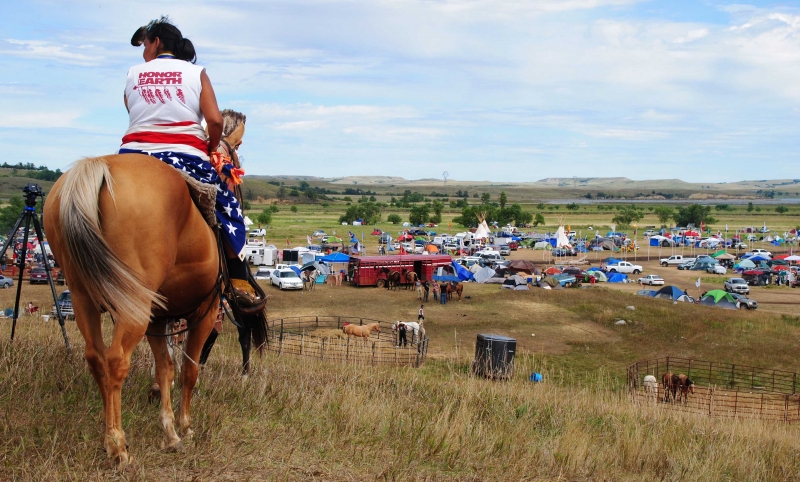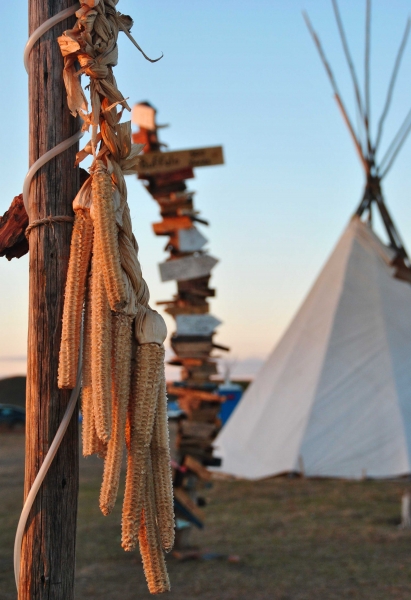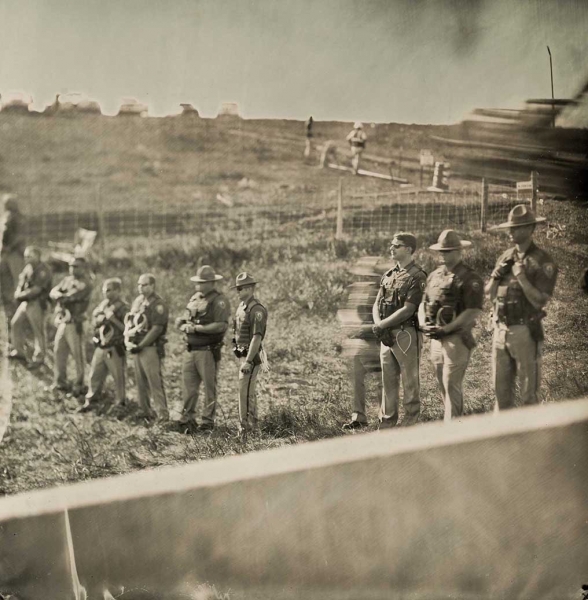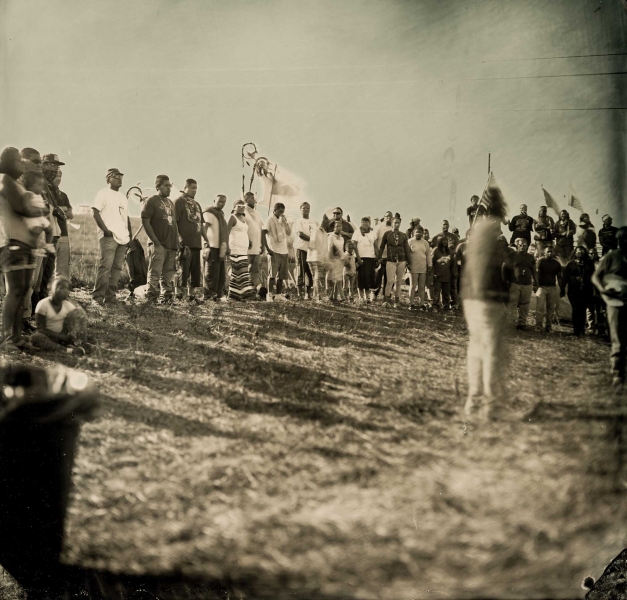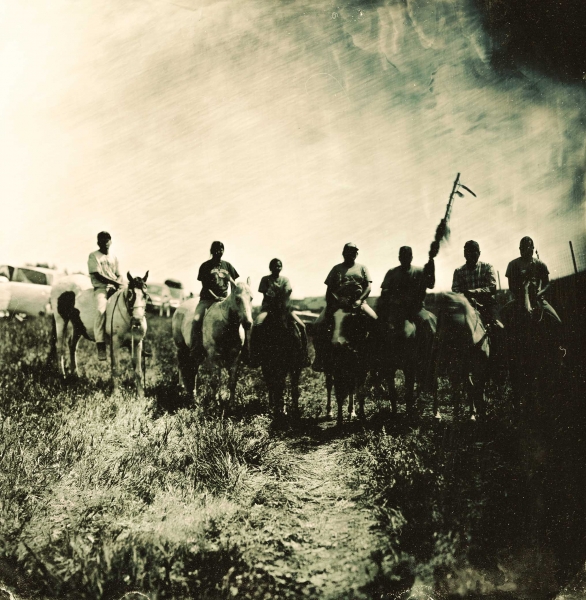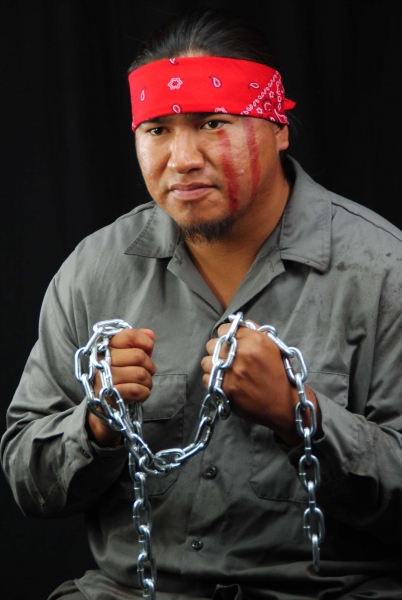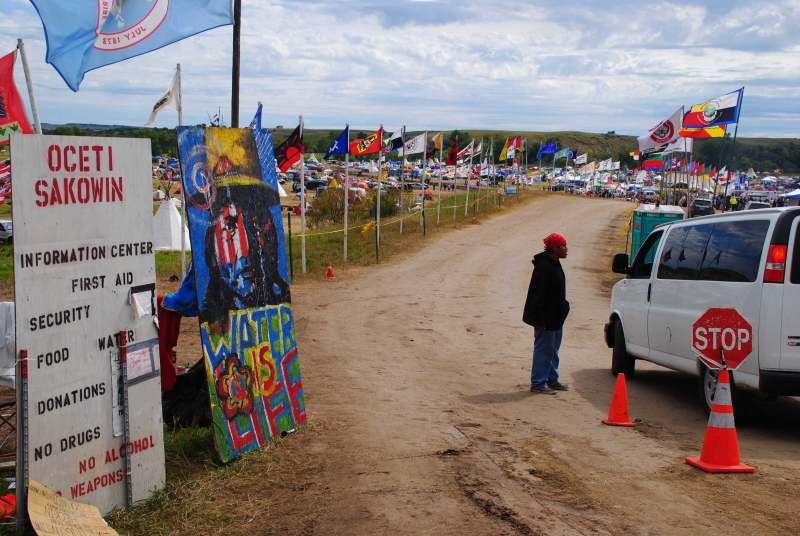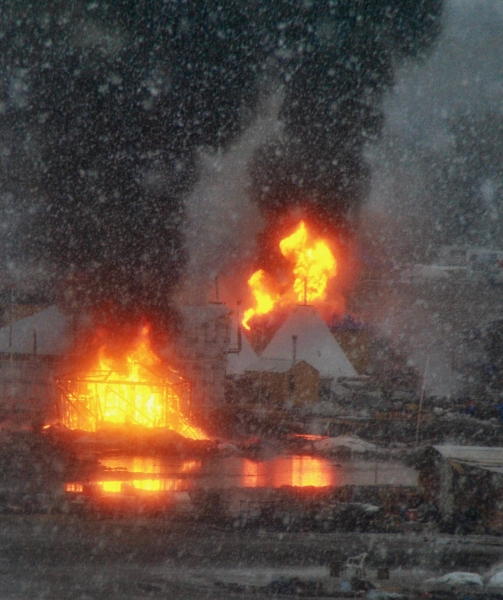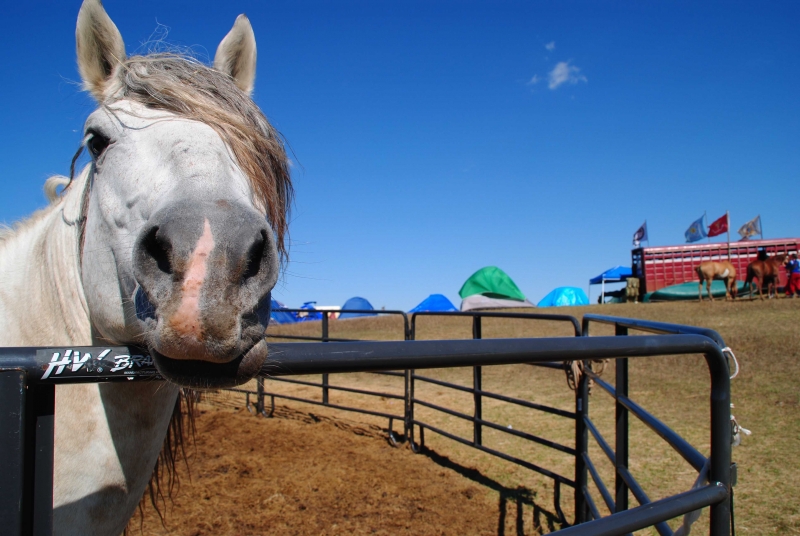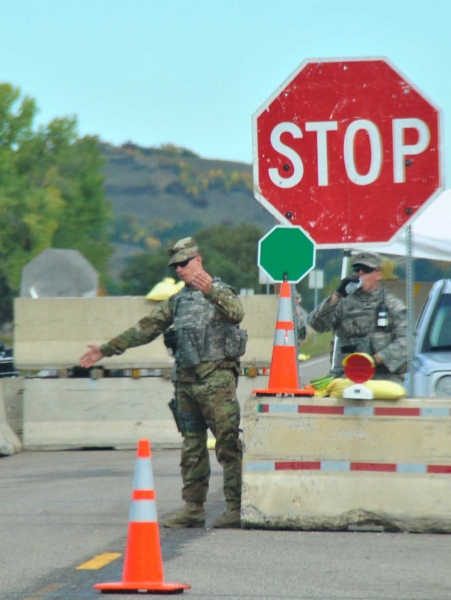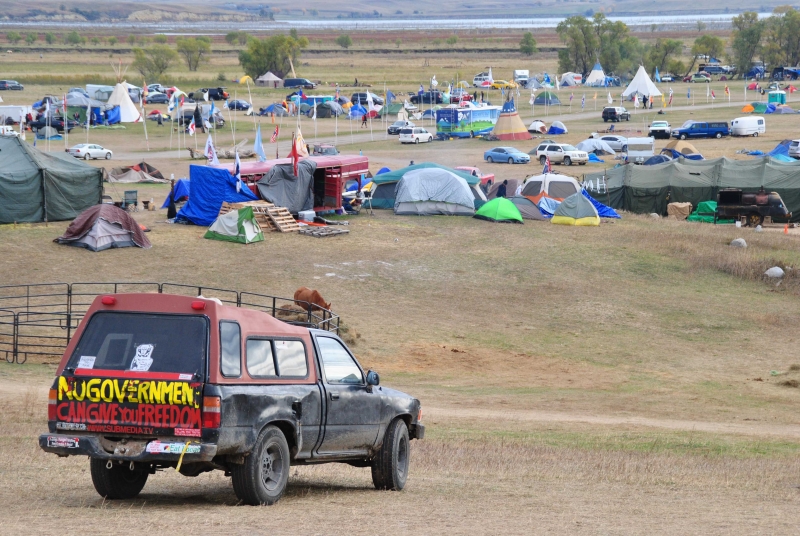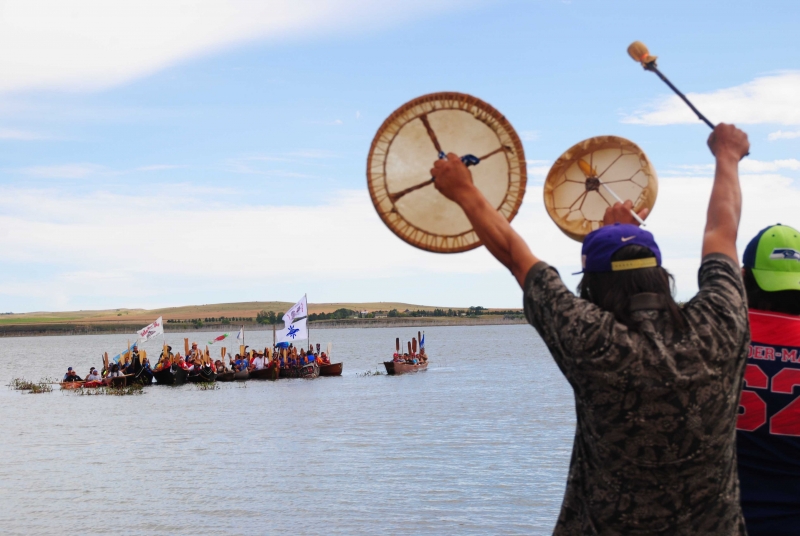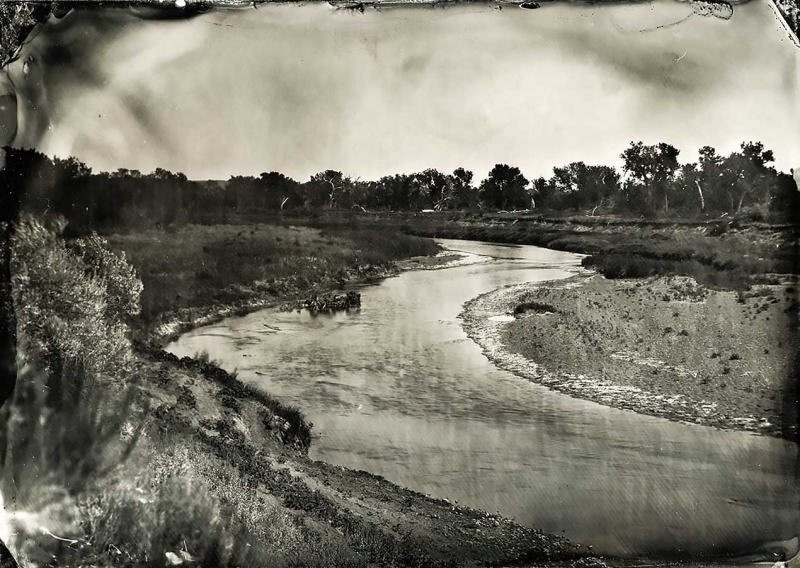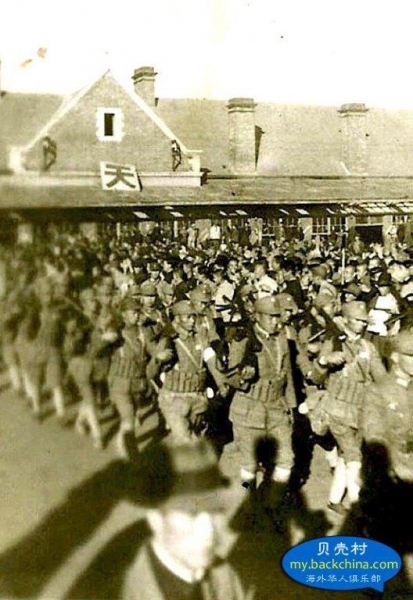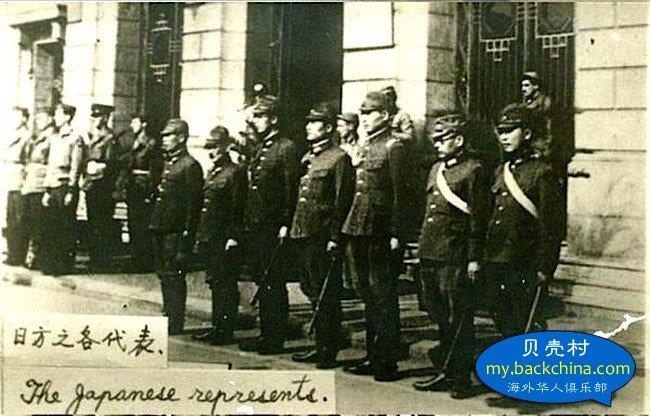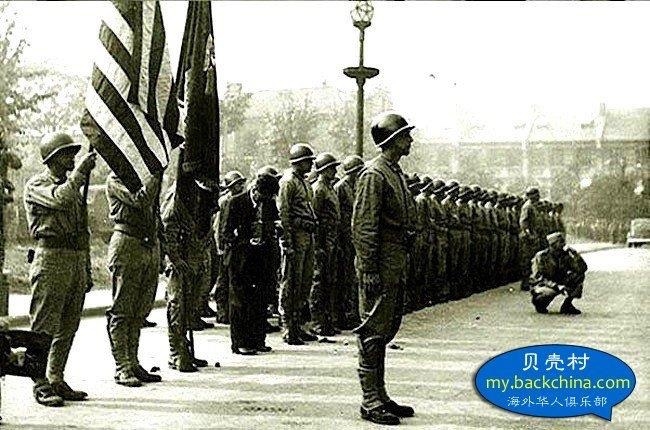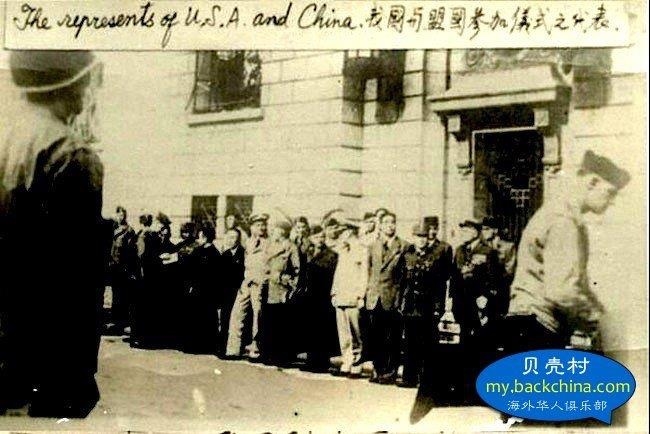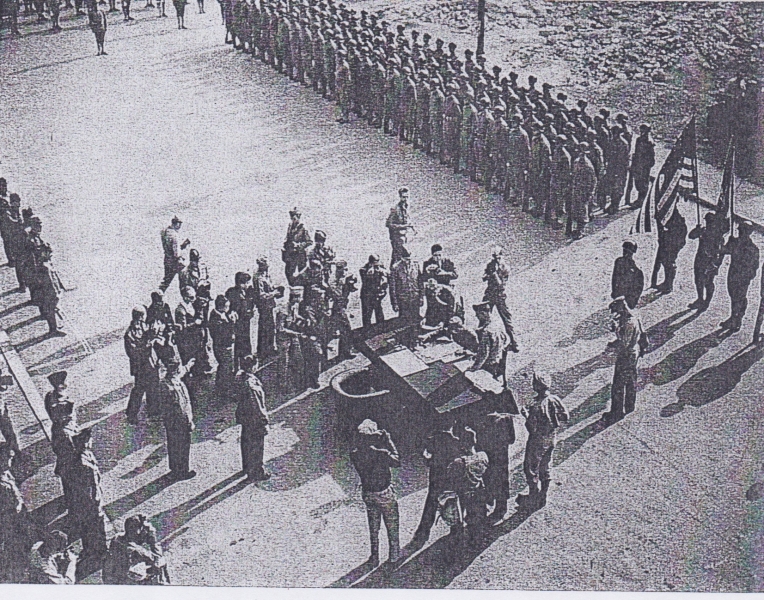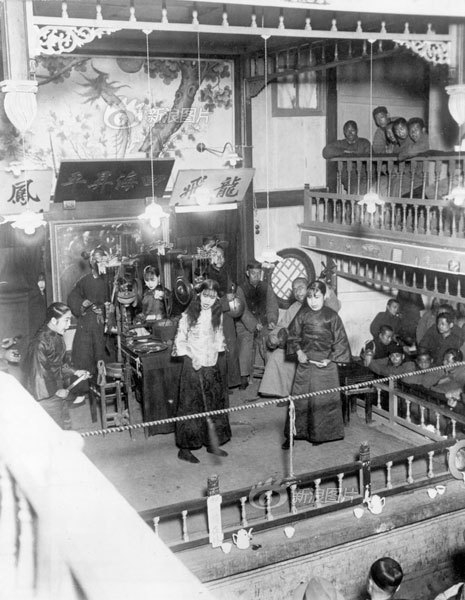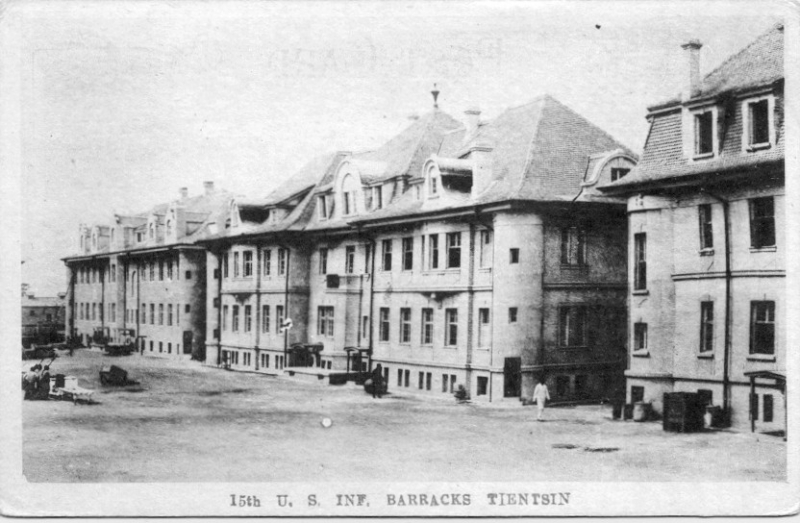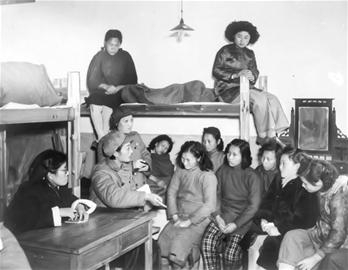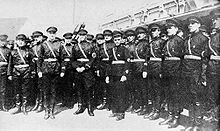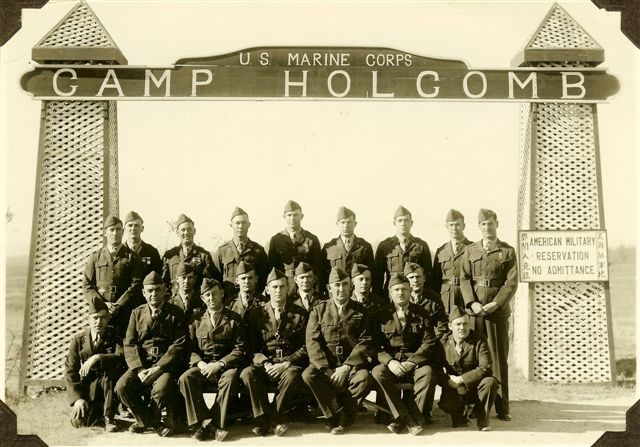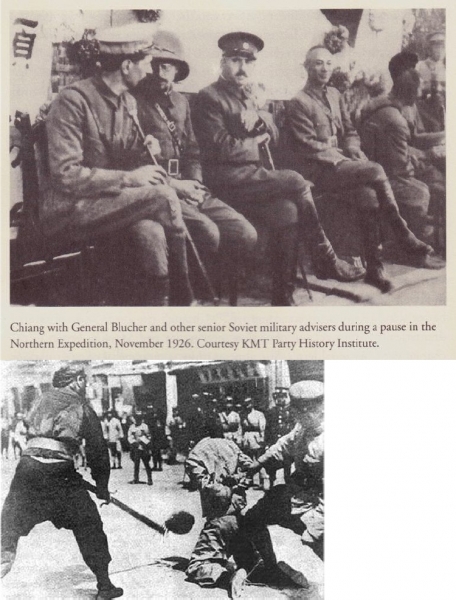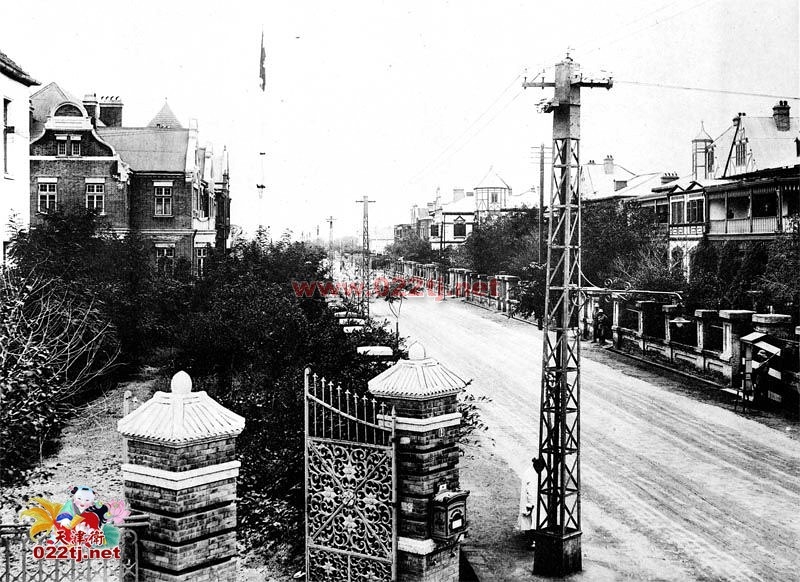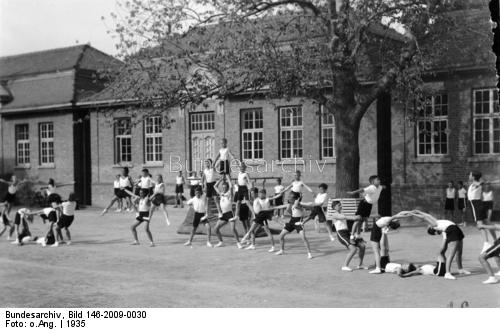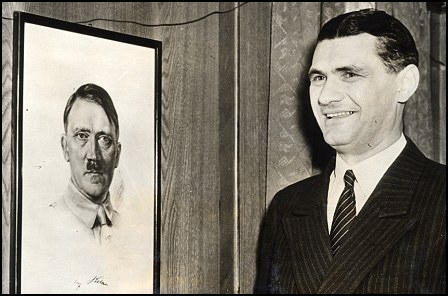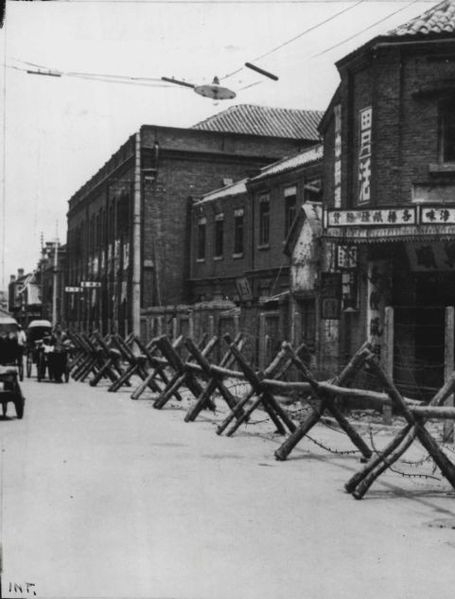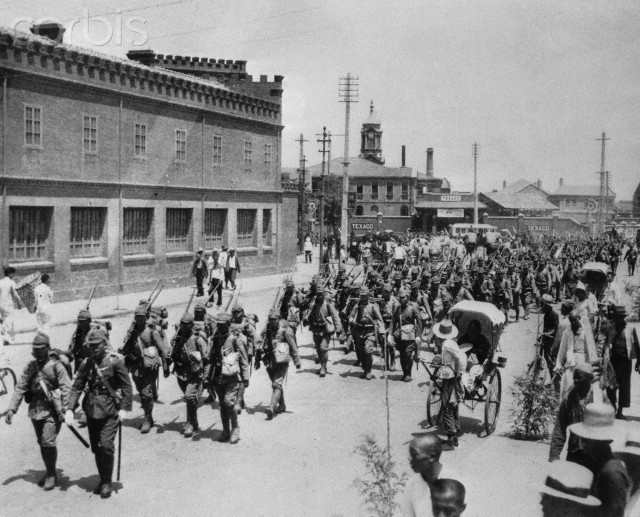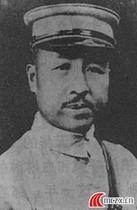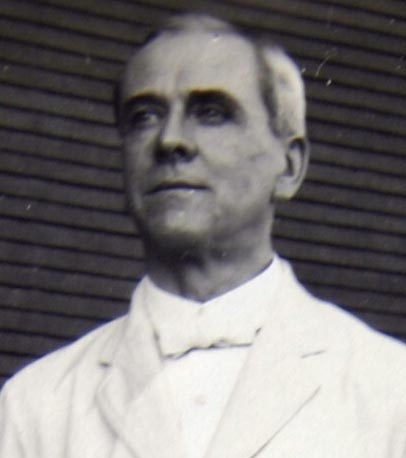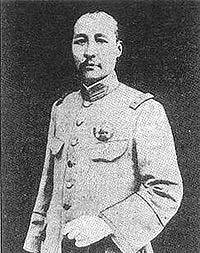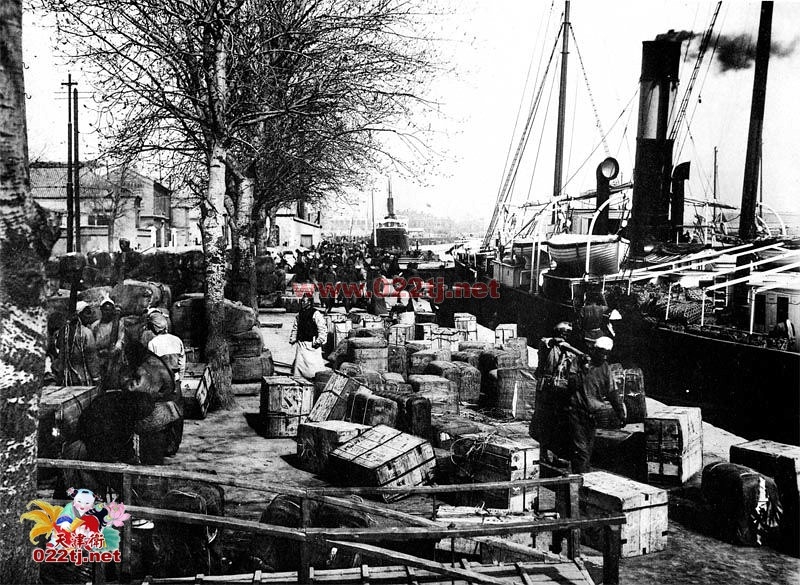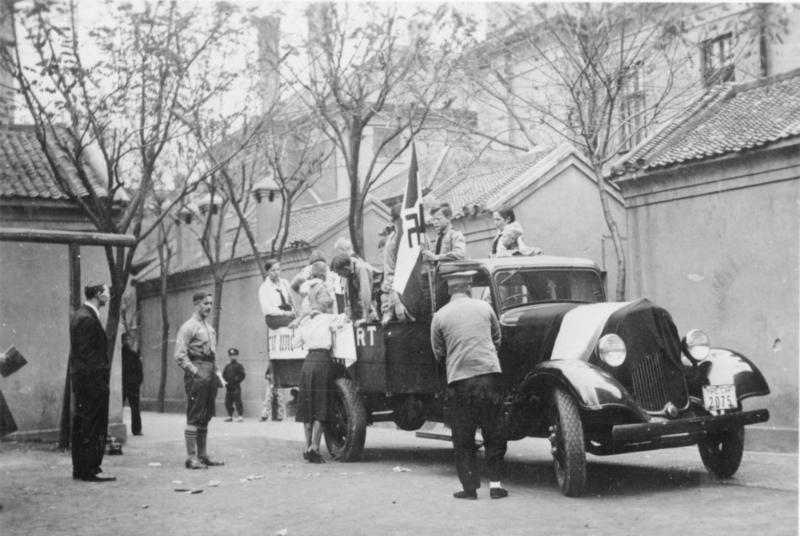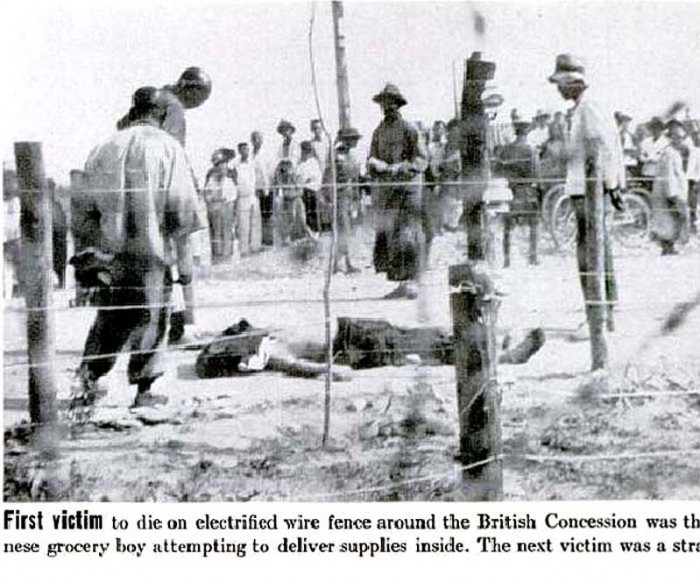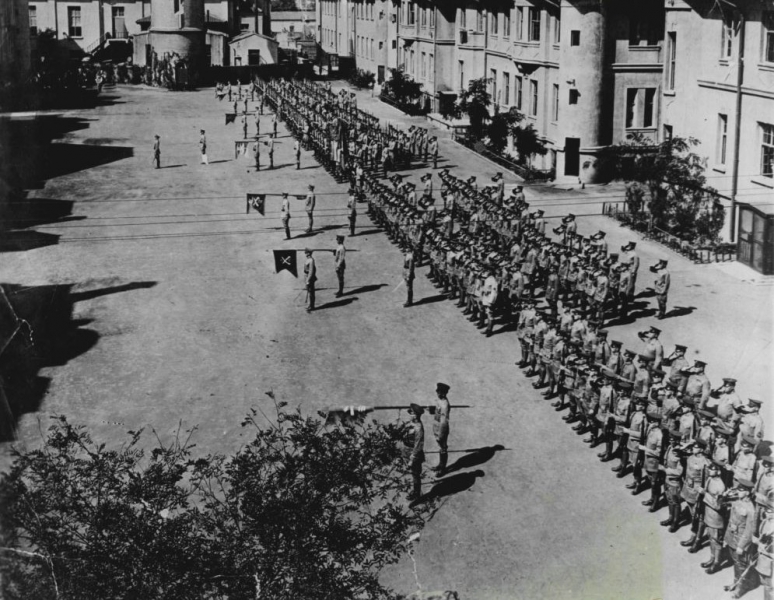Curse lies on DAPL workers, Standing Rock speaks of Trump’s victory, the Dakota “Excess” Pipeline, and a return to native roots
By C.S. Hagen
CANNONBALL – Winds are changing, blowing from the south. Ants are returning early to their hives. The seasons are beginning to shift counter-clockwise, former Standing Rock historic preservation officer Tim Mentz Sr. said.
“Today with the elements, they’re changing,” Mentz said. He spoke during a Standing Rock testimonial hearing at Prairie Knights Casino on Wednesday. “Natural law is changing, and the change is coming now.
“If it goes south, devastation is going to come to us in a form we can never imagine.” There will be punishment for those who have committed crimes against the earth, he said during his speech.
“If you don’t get violent, these things will be taken care of,” Mentz said. Spirits within the earth, and the ground itself, will not tolerate the desecration. “The ones that tore up all that ground, they’re going to go nuts, they’re going to go crazy, because that’s what they’ve opened up. That’s what this spirit can do.”

Tim Mentz Sr. speaks at Standing Rock hearing – photo by C.S. Hagen
During the four-hour hearing, Mentz called upon the Seventh Generation or the youth at Standing Rock to return to native roots, to sit like stones and listen to repetition – the oral teachings of the Sioux tribe handed down for generations. A native of Standing Rock, Mentz was born in a two-room log house on the Missouri River’s banks, he grew up listening to the same lessons from his grandmother.
He slept on dirt. Ate dirt. Walked barefoot on the earth.
“When your feet touch the ground, you show honor to Mother Earth.”
The generation gap, Mentz said, is due to lack of proper teachings. He described how the Lakota, Nakota, and the Dakota pray, facing east to west, and how everything in nature has a heart that beats. Years ago two prophecies were made about black snakes. The first pertained to public highways, how the system would break up community, and destroy people’s relationship with nature. The second prophecy was reiterated in 2013, and refers to the Dakota Access Pipeline’s “black snake” Standing Rock and its supporters fight today.
In the past, he said, “spirit callers” could call the buffalo with their breath, from 200 miles away. Those days need to come back, he said. Many of the elders have left Oceti Sakowin, or the Seven Council Fires camp, because some of the younger generation won’t listen.
“Those are some of the things we don’t talk about, but yet today at that camp, we should be talking about,” Mentz said. “But guess what, the young individuals there say ‘nah, that is not important.’ They don’t want to talk about the environment there, they want to get up front and confront those people standing there with those guns. They want to confront authority, not the hazard that we are in.”
Oil, Mentz said, is the earth’s blood, and frakking is sucking this life force from the ground.
“How do we preserve what we have left?” Mentz said. “If you can’t bring the older people back into this, you will lose a lot. The power of prayer that was there, that is still there, we have to bring it back.”

Signs outside of Oceti Sakowin – photo by C.S. Hagen
The pressure to defend land and water is a real, everyday concern for all gathered at Oceti Sakowin, Dallas Goldtooth, campaign organizer for the Indigenous Environmental Network said. And now with Donald J. Trump as the president elect of the United States and an investor in the Dakota Access Pipeline, the battle mat only become more difficult.
“We always knew the cards were stacked against us, no matter who is in the White House,” Goldtooth said. “Look at what we were fighting against so far and this is with Obama. At least now we know where we stand. We know where he stands, and what his priorities are. At least we have that going for us.”
Some activists at Oceti Sakowin are nervous; others are becoming more active. At approximately 2 a.m. in Boone County, three activists climbed into pipes to be used on the DAPL route, according to Red Warrior Camp. “They are still in the pipes and will be occupying indefinitely, risking their lives to protect water for us all,” the Red Warrior Camp’s statement reported.
“I’m shocked,” Jordan Roberts from Denver said. Cell phone reception at the camps is difficult, at best, and he didn’t know Trump had won the election until late Wednesday morning. “It will definitely hurt the efforts here.”
James Hanika, of Mt. Vernon, Washington, wasn’t worried. “We’re in the best place in America today,” Hanika said of Oceti Sakowin.
“It appears to be just a way to calm investors’ concerns about this pipeline being stopped on the eve of the presidential election,” Goldtooth said. “They still don’t have the easement.”
“We have so much work to do,” Standing Rock Sioux Tribe Chairman Dave Archambault II said. “In this time of uncertainty, President Obama still has the power to give our children hope. We believe halting the Dakota Access Pipeline presents a unique opportunity for President Obama to set a lasting and true legacy and respect the sovereignty and treaty rights of Standing Rock and tribal nations across America.”
Energy Transfer Partners, Dakota Access LLC’s parent company, and North Dakota’s politicians including Senator John Hoeven R-N.D., and Congressman Kevin Cramer R-N.D., have been applying pressure to the U.S. Army Corps of Engineers to authorize the easement needed to dig under the Missouri River at Lake Oahe.
Earlier this week, Energy Transfer Partners issued a statement saying in two weeks time the company will be drilling under the Missouri River. Already, horizontal drilling equipment is being hauled to the drill pad north of Oceti Sakowin, and less than a quarter mile from the river. Energy Transfer Partners also reprimanded the U.S. Army Corps of Engineers demanding it rescind its statement that Dakota Access Pipeline had agreed to halt construction.
On Thursday, the U.S. Army Corps of Engineers struck back, saying a winter camp for Standing Rock and its supporters will be provided. The Corps asked DAPL to voluntarily cease operations on November 4, but the company did not listen, the report stated.
“Our assessment is, after having visited these areas in North Dakota on multiple occasions, there are a lot of individuals who have been brought together and now find themselves under difficult conditions,” Colonel John W. Henderson said in the statement. “We again ask DAPL to voluntarily cease operations in this area as their absence will help reduce these tensions.”
Mentz wants the pipeline stopped, and said he is becoming involved again in the movement against DAPL, but he is also looking further down the road, stressing what the environmental impacts of DAPL will bring. Despite the desecration of sacred lands, and poisoning of the waters, the pipeline heralds a possible change that mankind may not come back from.
“When the animals turn white, that’s when major change to the environment is going to happen, and we are in that right now,” Mentz said. If the change is not rectified, finding their Sioux ancestors’ graves will become as difficult as chasing dirt in the wind.
Mentz was invited by nearby rancher Dave Meyer, who recently sold 20 parcels of Cannonball Ranch to Dakota Access Pipeline, to inspect lands in the pipeline’s path, he said in a September 2, 2016 lawsuit against the U.S. Army Corps of Engineers. He conducted a Class III survey along DAPL’s south side a length of two miles in early September and discovered 82 stone features and archaeological sites, with at least 27 of the sites burial grounds.
A survey conducted by the North Dakota archaeologists “yielded no evidence of human remains or significant sites,” according to Morton County Sheriff’s Department and the North Dakota State Historical Society.
“Based on my extensive experience evaluating sites on the National Register of Historic Places, it is my opinion that each of these sites unquestionably meets the criteria for inclusion in the National Register,” Mentz said in the lawsuit. One of the stone features he said is the Iyokaptan Tanka, or Big Dipper, which is rare in the Great Plains and a place where only an important chief can be buried.
Another stone effigy Mentz found was the Mato Wapiya, or Bear Medicine Healer, a sacred site where a medicine healer received his gifts, is only a few feet away from the DAPL corridor. Another site known as the Itancha, or Chiefs Dreaming Pair with Staffs, is less than one foot from the DAPL route and was a site marked for its significance of when a chief united his tribe.

Prayer circle at Oceti Sakowin – photo by C.S. Hagen
Dakota Excess Pipeline
Winona Laduke, an economist, environmentalist, and two-time vice presidential candidate for Ralph Nader’s Green Party, said the Dakota Access Pipeline from an economic standpoint was a poor investment.

Winona Laduke, executive director of Honor the Earth, speaks at Standing Rock hearing – photo by C.S. Hagen
“The Dakota Excess Pipeline – not the Dakota Access Pipeline – we refer to it as the Dakota Excess Pipeline because present production in the Bakken is at 930,931 barrels per day of oil, that is presently being served by both pipelines and oil trains. Production is now at the bottom, this is called a bust, in economic cycles.”
Production in 2019 will not get any better, Laduke said, so she questioned the need for investment in such a pipeline funneling 570,000 barrels per day. Additionally, oil trains travel to destinations the pipeline does not plan to go, eventually to Nederland, Texas for refinement, which directly negates what DAPL has been saying all along that the pipeline will decrease the amount of current road and rail traffic hauling oil in North Dakota.
“There must be a full assessment of the environmental impact, that is known as a wells-to-wheels assessment,” Laduke said. “In other words, where did the oil come from? What is the environmental impact, carbon impact, the health impact, the radiation exposure impact, the oil discharge impact, the social impact of the Bakken oil itself? This has not been discussed at any point, either by Dakota Excess Pipeline Corporation, nor the state of North Dakota.”
Many in the Peace Garden State have been enriched by the Bakken oil boom, but not the Standing Rock Sioux, Laduke said. Instead, drugs, crime, sex trafficking have found ways to infiltrate native communities.
“It is a trauma that this tribe, which has never been a beneficiary of Bakken oil, has felt, as heroin moves toward this community, as meth moves toward this community in epidemic levels not seen prior to the progressive behavior in the Bakken oil fields.”
Mexican cartels are working in the Bakken, the Bismarck Tribune reported in 2015, and that crime rates jumped nearly 8 percent from 2011 to 2012. Crime rates have tripled since the Peace Garden State’s oil boom, especially in native lands, and due primarily to the sudden influx of highly-paid oil workers living in man camps, according to the Washington Post.
And the boom now begins to take its pound of flesh, Laduke said.
In the past five years, 5.9 million gallons of oil have been spilled in the Bakken, Laduke said. Since January 2016 alone, more than 100,900 gallons of crude oil, waste oil, biosolids, natural gas, and brine have been spilled in the Bakken and surrounding areas, according to North Dakota Department of Health records. Also, 11.8 million gallons of brine, an inorganic waste product the earth cannot absorb, have been spilled in the Bakken, Laduke said.
The carbon impact and catastrophic spills are not only confined to pumping stations, as DAPL suggests, but is also evident along all transportation routes, Laduke said. She pointed to the zip code 48217 in Michigan, a predominantly black community where Marathon Petroleum Corporation refines Bakken oil. The area is the single most polluted zip code in the USA, Laduke said. “The Marathon refinery is allowed to use the sewage system… in order to dispose of its toxins.” The vast majority of people in this neighborhood have health problems, she said, and no one has ever found redress under the federal system.
“From the front to the get, we have a problem with this pipeline on the community and on health,” Laduke said. “You cannot bring 570,000 through a pipeline with a vast amount of carbon, there is at present no way to remove that carbon from the environment.”
In essence, investment in DAPL is an unhealthy waste of money, Laduke said. “It’s like you spent your money on candy when you should have bought something nutritious.”
Nah-Tes Jackson, from California, who also spoke at Wednesday’s hearing, describes himself as a feeler. He worries about the people involved in recent clashes with law enforcement, and the rifts between the elderly and the youth that are developing in the camps.
“The damage they’re causing upon the lives right now, makes me pray,” Jackson said. “Hurt can fester, and eventually control and consume. We can become so lost in our hurt that we don’t know how to heal anymore,” Jackson said. “We are all tools in this life, and we can be used for good or for bad.”
No matter the differences inside the camps, healing, and prayer is still powerful there, he said.
Jackson broke down in tears when he recalled recent violent confrontations.
“Can you imagine a mother watching her children fight, and kill each other, and then their blood spilled on her?”

Vehicle at Oceti Sakowin – photo by C.S. Hagen












